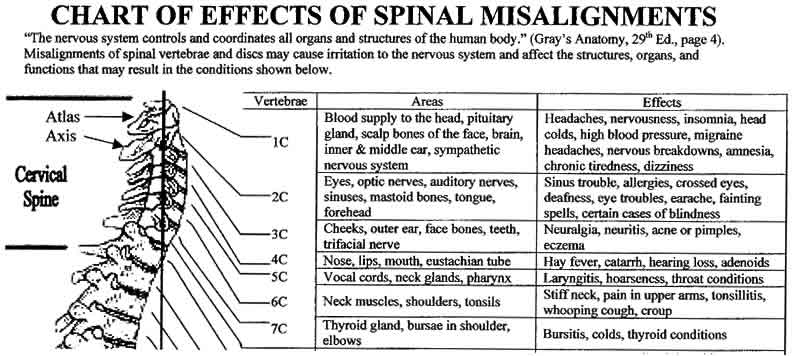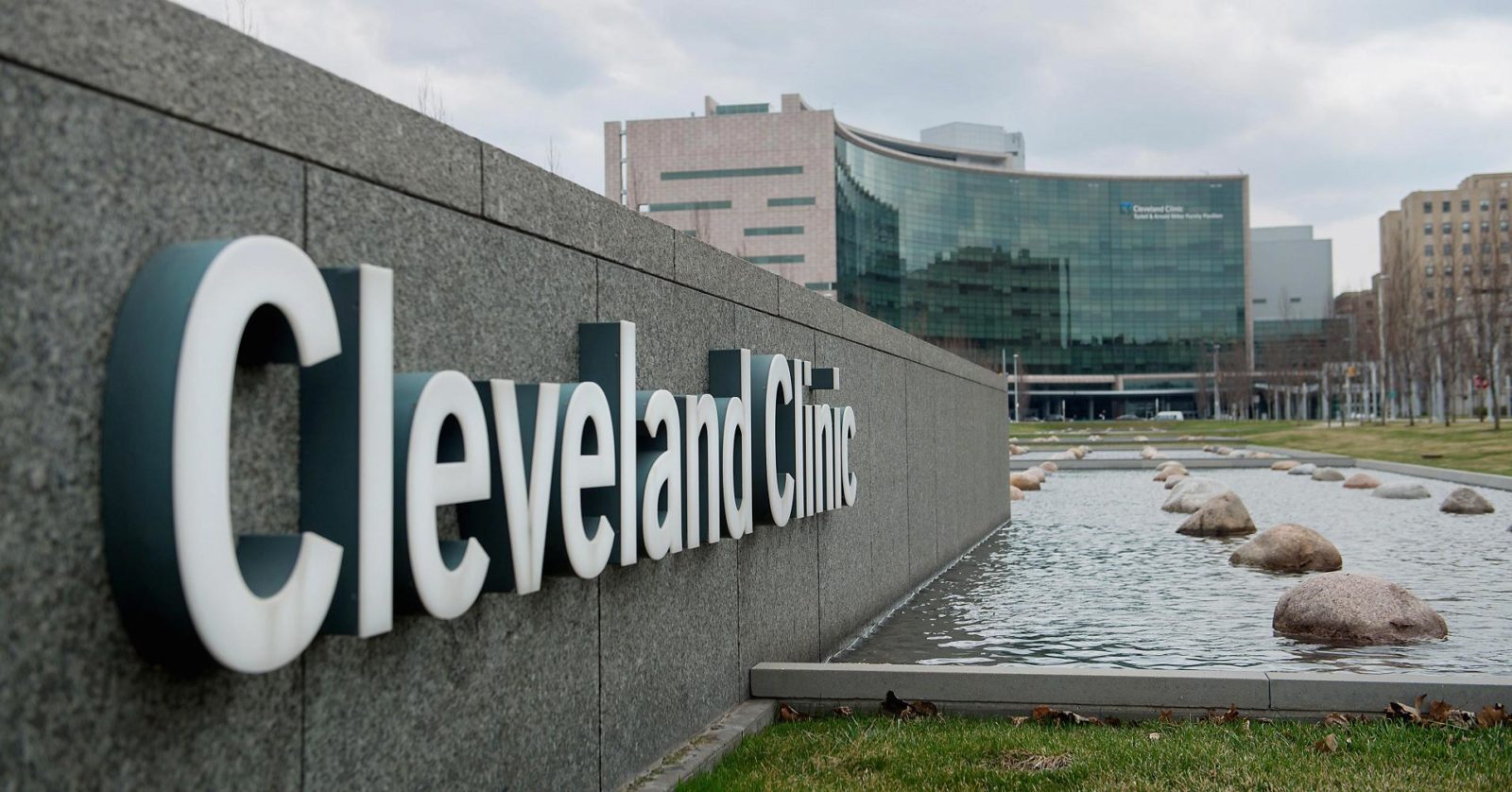Results for: naturopath
Selective pressures on alternative medicine
(Editor’s note: I was away at Skepticon over the weekend, where I gave a talk entitled “The Central Dogma of Alternative Medicine”. (When the talk’s up on YouTube, I’ll provide a link, of course.) Because of all the fun and travel delays I didn’t get a chance to turn my slides and notes into a blog post yet. Also, I’m on vacation...
Political Science: Chronic Lyme Disease
New York may soon join a handful of other states who reject science-based guidelines for the treatment of Lyme disease in favor of ideological guidelines based on the vociferous lobbying of patients and “Lyme literate” health care providers. Ignoring science is an unfortunate but well-known legislative phenomenon. I’ve discussed it a number of times on SBM, in the form of Legislative Alchemy,...

Retconning the story of traditional Chinese medicine
Proponents of "integrating" traditional Chinese medicine (TCM) into medicine paint a tale of an ancient, unified system of medicine that's been tested over at least two millennia and found to be effective. The real story is very different and is best explained with a term more commonly used to discuss comic books. Basically, the "integration" of TCM into "Western medicine" is nothing...
“Quackery: A $10 Billion Scandal”
Who would you guess authored a 250-page report which begins with this Preface? This report marks the culmination of an intensive four-year review of quackery and its impact on the elderly. . . As this report details, quackery has traveled far from the day of the pitchman and covered wagon to emerge as big business. Those who orchestrate and profit from the...

Questions and Answers about Chiropractic: The Bottom Line
I am often asked, “What do chiropractors do?” That’s not an easy question to answer. The answer is usually expected to be, “They treat back trouble.” But as alternative medicine practitioners, chiropractors do a lot of things, and they treat a variety of ailments, based largely on a scientifically-invalid vertebral subluxation theory which proposes that nerve interference resulting from a misaligned vertebra...
K2: The Vitamin, Not the Mountain
Science is complicated. Simple concepts that appear at first to be obviously true or untrue usually turn out to be more nuanced than we thought. Newtonian physics was taken as “the truth” until we learned in the 20th century that it didn’t apply on cosmological or subatomic scales. Medicine and human physiology are more complicated than most people realize or want to...

Quackademia update: The Cleveland Clinic, George Washington University, and the continued infiltration of quackery into medical academia
Quackery has been steadily infiltrating academic medicine for at least two decades now in the form of what was once called “complementary and alternative medicine” but is now more commonly referred to as “integrative medicine.” Of course, as I’ve written many times before, what “integrative medicine” really means is the “integration” of quackery with science- and evidence-based medicine, to the detriment of...
Bad News and Good News from Down Under: Science-Based Medicine in Australia
The bad news: in a disturbing attempt to woo customers, some Australian pharmacists are offering in-store consultations with naturopaths. The good news: Australian skeptics and supporters of science have had a lot of recent successes in combatting quackery. Non-Doc in a Box In an article in the Australian magazine The Skeptic, Loretta Marron reports on naturopaths in pharmacies. You can read it...
Rationalizing the Ridiculous: Acupuncture
I remain flummoxed. How do physicians and health care systems, trained in all the sciences that lie at the heart of medicine, justify the use of pseudo-medical interventions with no basis in reality? Rationalization. Making excuses: a defense mechanism in which controversial behaviors or feelings are justified and explained in a seemingly rational or logical manner to avoid the true explanation, and...
Missouri tackles primary care shortage with “assistant physicians”
A new law in Missouri will allow medical school graduates who have not completed a residency to practice in underserved areas. They will be able to call themselves “doctor” but will be licensed as “assistant physicians” with significant limitations on their practice. (The first link is to Senate Bill 716, the bill that was passed and signed by the governor. It covers...

